By Stacey Johnson, RN, NHA
Special to The Sopris Sun

Yes, Colorado had an unusually long stretch of damp, cloudy weather this spring in a state that typically enjoys soaring June temperatures and plenty of sunshine. But the sunshine is back which, as always, means more time relaxing, exercising and playing in Colorado’s great outdoors.
On the heels of Denver’s third hottest summer in recorded history in 2022, the National Oceanic and Atmospheric Administration (NOAA) predicted 2023 could be one of the top 10 warmest years on record in much of the U.S.
For people of all ages, and especially older adults, the risks associated with high temperatures and increased UV rays are very real — from small bouts of dehydration to a full-blown, life-threatening medical emergency, a combination of factors make the preparation for higher temps and more time in the sun that much more important.
According to NIH’s National Institute on Aging, people aged 65 years and older are more prone to heat-related problems as our bodies do not adjust as well to sudden changes in temperature like they did when we were younger. In addition, older adults are more likely to have chronic medical conditions and/or more likely to be taking prescription medications that can affect the body’s ability to control its temperature or sweat.
Being overheated for too long or being exposed to the sun without protection can cause many health problems including:
Heat syncope – sudden dizziness that can occur when active in hot weather.
Heat cramps – painful tightening or spasms of muscles in the stomach, arms, or legs.
Heat edema – swelling in ankles and feet when you get hot.
Heat rash – skin irritation from heavy sweating that causes red clusters of small blisters that look similar to pimples on the skin.
Heat exhaustion – a warning that your body can no longer keep itself cool. You might feel thirsty, dizzy, weak, uncoordinated, and nauseated. You may sweat a lot. Your body temperature may stay normal, but your skin may feel cold and clammy. Some people with heat exhaustion have a rapid pulse. Heat exhaustion can progress to heat stroke.
Heat stroke – a medical emergency in which the body’s temperature rises above 104°F.
Signs of heat stroke are fainting; confusion or acting strangely; not sweating even when it’s hot; dry, flushed skin; strong, rapid pulse; or a slow, weak pulse. When a person has any of these symptoms, they should seek medical help right away and immediately move to a cooler place, such as under shade or indoors. They should also take action to lower their body temperature with cool clothes, a cool bath or shower, and fans.
But the added risks don’t mean you have to stop doing the things you love, it just means taking the time to prepare for your outdoor fun.
Some of the most effective preventive measures include:
Wear sunscreen (SPF 15 or higher).
Wear lightweight, light-colored, loose fitting, cotton clothing, including long sleeves and a breathable hat.
Take frequent rest periods.
Wear sunglasses to protect your eyes from UV rays.
Drink plenty of liquids – try a measured water bottle to track your progress; some water bottles are connected to an app on your smart phone to remind you to drink. Water, fruit or vegetable juices, or drinks that include electrolytes are best. Avoid alcohol and caffeinated drinks.
Get outside earlier in the day and try to avoid outdoor activities during the heat of the day – typically mid- to late afternoon.
Don’t rely on perspiration to cool you down; some people just don’t sweat as much as they age.
If you or someone you are with begin to show any signs of heat exhaustion — heavy sweating, weakness or tiredness, cool, pale, clammy skin, fast or weak pulse, muscle cramps, dizziness, nausea or vomiting, headache or fainting — move to a cooler environment as quickly as possible, preferably a well air-conditioned room. Loosen clothing, sponge off or bathe with cool water, lie down and rest.
If high body temp, headache, confusion, dizziness or nausea persist, seek medical assistance from a doctor or emergency room to determine if additional treatments are needed.
Getting outdoors and enjoying the sun and warmer temps should stay on everyone’s to-do list. However, a few basic precautions and awareness of what to look for and when to shut things down will help deliver a fun, safe summer for Coloradans of all ages.
Stacey Johnson, RN, NHA, is the area director of clinical services for Ascent Living Communities (ALC). She began her nursing career while serving in the U.S. Army Reserves and has been a registered nurse for 29 years and a nursing home administrator for 19 years. ALC has developed and/or operates three Colorado senior living communities in the Denver-metro area including Roaring Fork Senior Living in Glenwood Springs.



